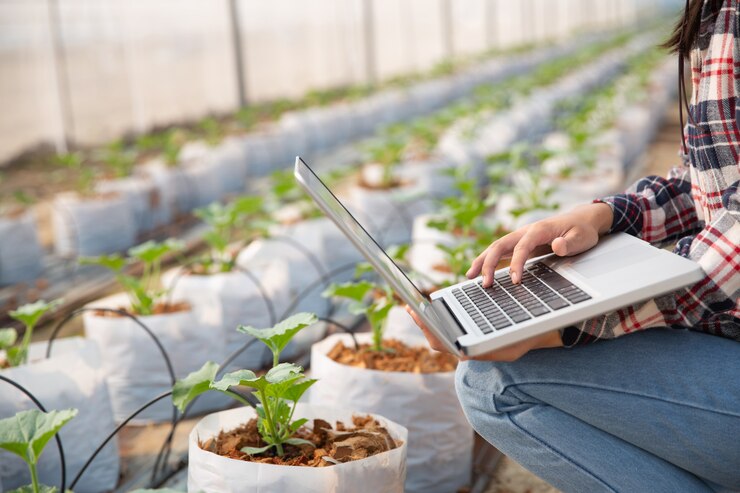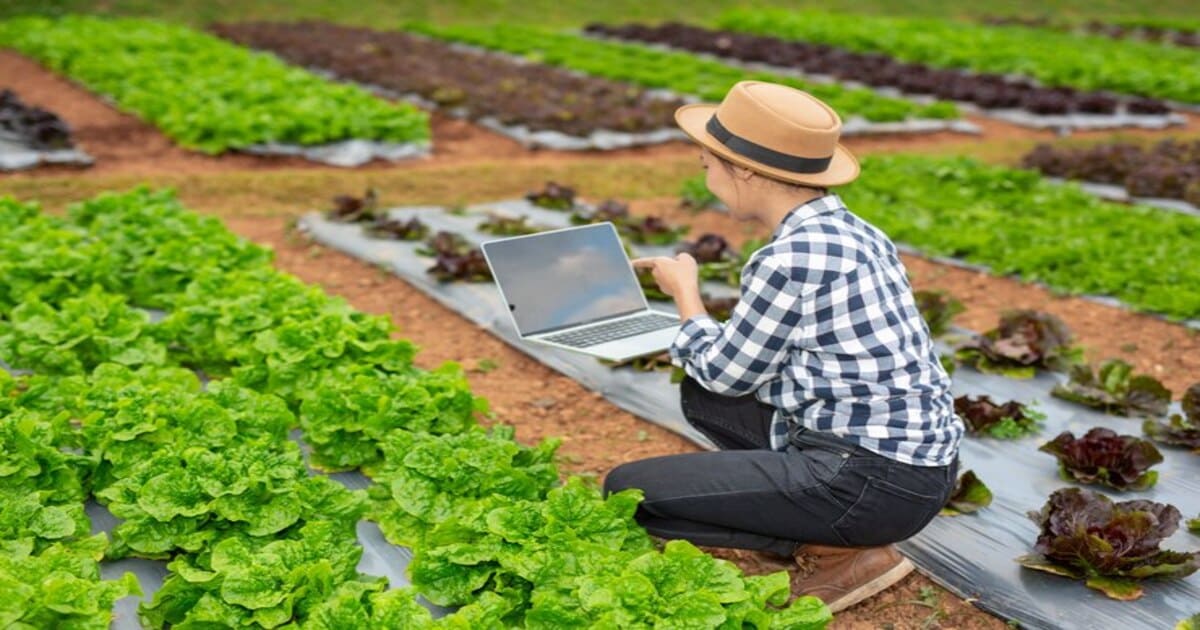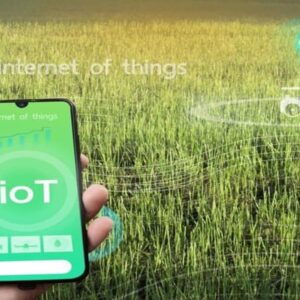IoT in Agribusiness
In this fast-paced and technologically advanced world, agribusiness faces the constant challenge of reinventing itself to meet the growing demands for production, sustainability, and efficiency. One of the innovations revolutionizing the sector is the Internet of Things (IoT), transforming the field into a high-tech scenario, where data is the new green gold. In this article, we will delve into the wonders of IoT in agribusiness and how it is changing the game for the better.
IoT, in essence, refers to the interconnection of physical devices, vehicles, buildings, and other items, equipped with sensors, software, and internet connectivity, allowing the collection and exchange of data. In the context of agribusiness, this means a revolution. Imagine sensors scattered across the field, measuring everything from soil moisture to ambient temperature, through the health of plants. This data is sent in real time to a central platform, allowing the rural producer to make informed decisions about irrigation, planting, harvesting, and more.

The impact of this technology is vast. For example, precision in irrigation not only saves water – an increasingly valuable resource – but also increases crop productivity. Real-time pest monitoring can mean the difference between a successful harvest and a significant loss. In addition, the ability to accurately track the health and growth of crops allows farmers to optimize the use of fertilizers and pesticides, reducing cost and environmental impact.
But how does this translate into practice? Let’s take the example of a coffee farm in the interior of São Paulo. Through the implementation of IoT sensors, the producer can monitor soil moisture in different parts of the farm, adjusting irrigation according to the specific need of each area. In addition, weather sensors provide valuable data on the ideal conditions for nutrient application, while drones equipped with special cameras map the health of the plantations, identifying problems before they become critical.
However, the implementation of IoT in agribusiness is not without challenges. Connectivity is still a barrier in many rural areas, limiting the effectiveness of IoT devices. In addition, there is a significant learning curve for rural producers to adapt to this new way of managing their crops. But the benefits, such as increased efficiency, cost reduction, and sustainable production, are undeniable.

As we move forward, the integration of IoT in Brazilian agribusiness seems not only inevitable but essential. We are on the threshold of a new agricultural era, where technology and tradition meet to create smarter, sustainable, and productive production systems. The future of agribusiness is undoubtedly in the hands of those who can harvest data and use them to feed not only Brazil but the world.
In the end, IoT in agribusiness is more than a trend; it is an ongoing revolution. With each sensor installed and data collected, we are paving the way for smarter, effective, and sustainable agriculture. Farmers who adopt this technology are at the forefront of a monumental shift, ensuring that Brazilian agribusiness continues to thrive in the coming decades. Therefore, as we delight in the taste of our breakfast coffee or enjoy the freshness of our salads, let’s remember the silent and powerful technology that makes all this possible, shaping the future of agriculture for the next generations.
Did you like this topic? See more content about: IoT (Internet of Things)
Source: scielo





